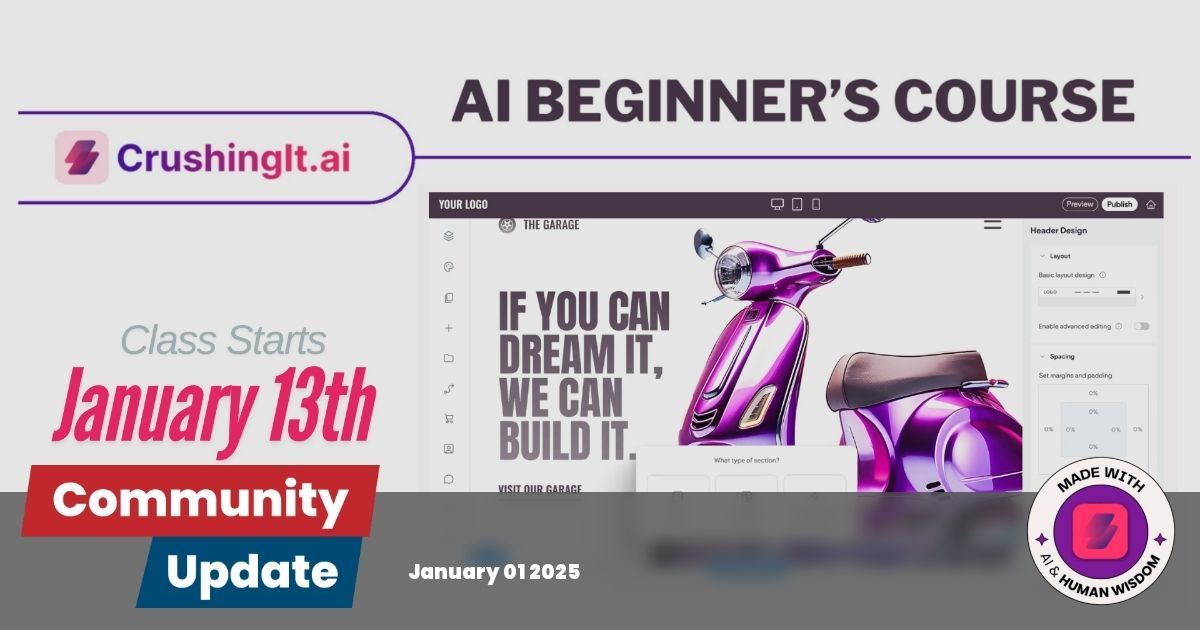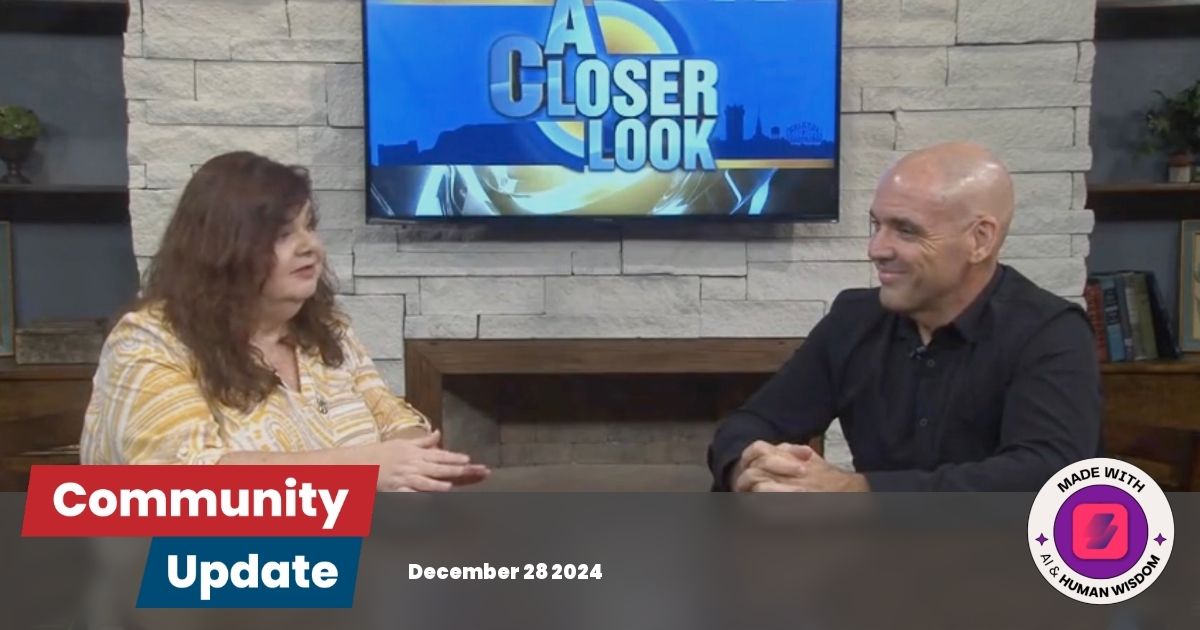Navigating the Entrepreneurial Journey: Embracing Failure and Overcoming Fear
Key Takeaways
- Failure is inevitable: All founders experience it; it’s integral to the entrepreneurial process and sparks growth.
- Fear as a motivator: Embracing the fear of failure fuels innovation and resilience.
- Reframing the cultural narrative around failure is essential for fostering a more authentic and supportive entrepreneurial environment.
Learning from Failure: A Founder’s Path to Success
Failure is stigmatized and feared in the high-stakes world of entrepreneurship. However, this perspective needs a radical shift. As David Nelson, founder of Brew Fund, explained, it’s not the end or an enemy of success. Instead, it’s a pivotal learning curve that shapes resilient and innovative leaders.
David’s journey, marked by triumphs and setbacks, offers insight into how embracing failure accelerates growth and ushers in opportunities. To him, failure isn’t the end but a series of learning moments. He recalls a college experience that taught him about fear, risk, and perseverance.
"If you're a founder, you've probably failed. Failure allows you to pursue an idea, a project, a topic, a company that may fail," David points out.
Fear of Failure: A Double-Edged Sword
Harnessing Fear’s Power
Fear of failure is a natural and vital component of any entrepreneurial journey. It can be transformed into a powerful motivator that drives careful planning and persistent effort instead of seeing it as a barrier. David asserts that this fear is important because it prevents complacency and fuels meticulous planning.
"First of all, everybody should be afraid to fail, and that's normal… you have to embrace it and make that a part of what you're doing," says David.
Acknowledging fear without letting it paralyze forms the bedrock of a successful mindset. Fear keeps entrepreneurs vigilant and responsive, creating a landscape where agility and quick adaptation are the norm.
Transitioning from Fear to Excitement
The emotional journey between fear and excitement can blur. The body reacts to fear and excitement similarly. Realizing this overlap can reframe fear as the thrill of potential and growth, rather than impending doom.
"You go through the list of all the things that happen to you when you're afraid and all the things that happen to you when you're excited, and they're exactly the same," reiterates Jose Castillo, further emphasizing the necessity to embrace this duality.
Entrepreneurs can harness the potential of fear by reframing it, exploring new avenues and taking calculated risks to drive innovation.
Addressing Cultural Aversion to Failure
Breaking the Taboo
The societal aversion to failure stems from cultural norms that equate success with unblemished achievement, stifling innovation and dissuading risk-taking, in contrast to entrepreneurial success. David suggests that the reluctance to share affects how emerging entrepreneurs perceive and react to setbacks.
"There's this feeling of, if you fail, that's the end… we really need to change that. We need to be a culture of failing is okay. That's just the next step towards success," he insists.
Creating a culture that normalizes failure encourages openness and continuous learning. Redefining how failure is perceived and discussed fosters a more inclusive entrepreneurial ecosystem.
Embracing the Learning Curve
Successful entrepreneurs humorously and transparently reflect on their failures, using these experiences as teaching moments. The willingness to accept and share setbacks cultivates a learning environment where aspiring founders gain insights without fear of judgment.
"When failure catches us off guard, we tend to freak out...but you already have that plan, you're ready for step two and then move on and keep going," explains David.
Recognizing failure as a precursor to success empowers entrepreneurs to plan better, iterate faster, and innovate more profoundly. Acknowledging setbacks and preparing for consequent steps circumvents shock and maintains forward momentum.
Shifting Your Mindset: Building Resilience
Acceptance and Planning
David’s reflections underscore the necessity of accepting failure as a constant companion on the entrepreneurial journey. Practical steps, like having a contingency plan, transform it from a daunting unknown into a manageable event.
"If you plan for that on day one when something fails, you already know what to do next," he notes, illustrating that anticipation and readiness mitigate the emotional and operational upheavals that failure can bring.
Accepting failure doesn't invite it, but strengthens the strategic foresight that supports resilient businesses.
Encouraging Constructive Conversations
Open dialogue about failures and the resultant learnings should become a standard practice in entrepreneurial communities. Storytelling, vulnerability, and sharing these experiences humanize success, demystifying the path to achievement.
Platforms like #FoundersFail initiate crucial conversations, creating networks where entrepreneurs support each other through the highs and lows of their journeys. These discussions offer solidarity and practical wisdom, promoting a culture that views setbacks as explorative rather than conclusive.
David’s powerful anecdote about declining a pivotal opportunity underscores a critical lesson: evaluating risks through a lens of potential gains rather than hypothetical losses can redefine an entrepreneur’s trajectory.
"If we had missed it, if we had just completely messed it up, they wouldn't have used it, right? What was really the risk?" He urges entrepreneurs to take bold steps and learn through action.
Embracing failure leads to unforeseen victories and creates more possibilities. The journey of entrepreneurship is about resilience and innovation, and recognizing this allows founders to navigate with courage and foresight.




